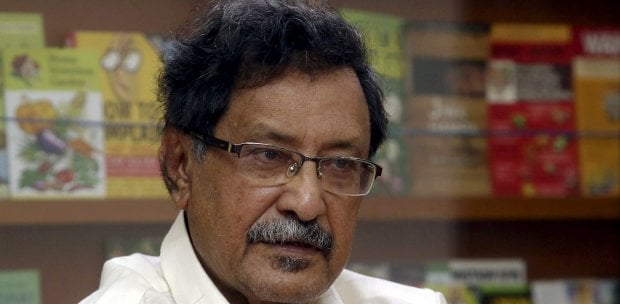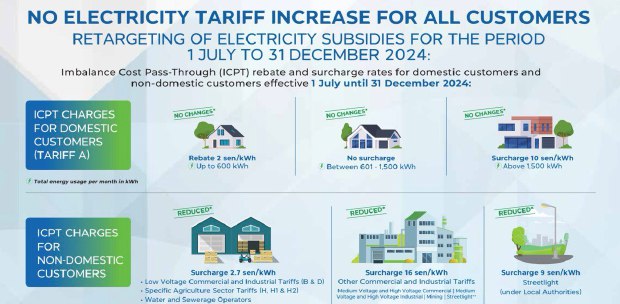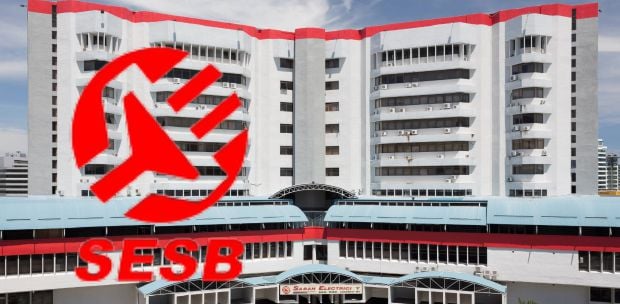KUALA LUMPUR: The Imbalance Cost Pass Through (ICPT), which provides for electricity tariff adjustments every six months, should be replaced with a more efficient mechanism that takes into account the productivity of the energy producer.
Small and Medium Enterprises Association of Malaysia (Samenta) president Datuk William Ng said the ICPT was meant to be a temporary measure to support energy producers in overcoming fluctuations in global fuel prices, and not as a means to guarantee its profitability.
Tenaga Nasional Bhd (TNB) has an internal target to reduce its reliance on coal and to be coal-free by 2050, he said.
"It must also ensure that its operations, including headcount and other operating expenditures, are lean and supportive of the national agenda.
"As such, the ICPT must be removed, otherwise, TNB must be held accountable to the people and industry in reporting its own transition and the capital expenditure it is making to ensure it hits its own transition target," he said in a statement.
Ng said the reduction of electricity surcharge announced yesterday was in line with the ICPT and was beneficial for businesses, especially SMEs, he said.
He said it would cushion some of the expected rise in input costs following the rationalisation of diesel subsidy and increase in wages and other costs earlier this year.
"Given that the reduction is minuscule, we do not expect businesses to reduce their prices, and if any – it may go towards ensuring any price adjustments upwards are tempered."
The Federation of Malaysian Manufacturers (FMM) president Tan Sri Soh Thian Lai yesterday called for more transparency in the calculation of the surcharge and at arriving at the 1 sen/kWh surcharge reduction that had been announced for the non-domestic users.
While addressing the revenue-cost structure mismatch in preparation for the energy transition and third-party access arrangement, the base tariff review must ensure that the industrial tariff rate remains competitive and attractive in the region, he said.






